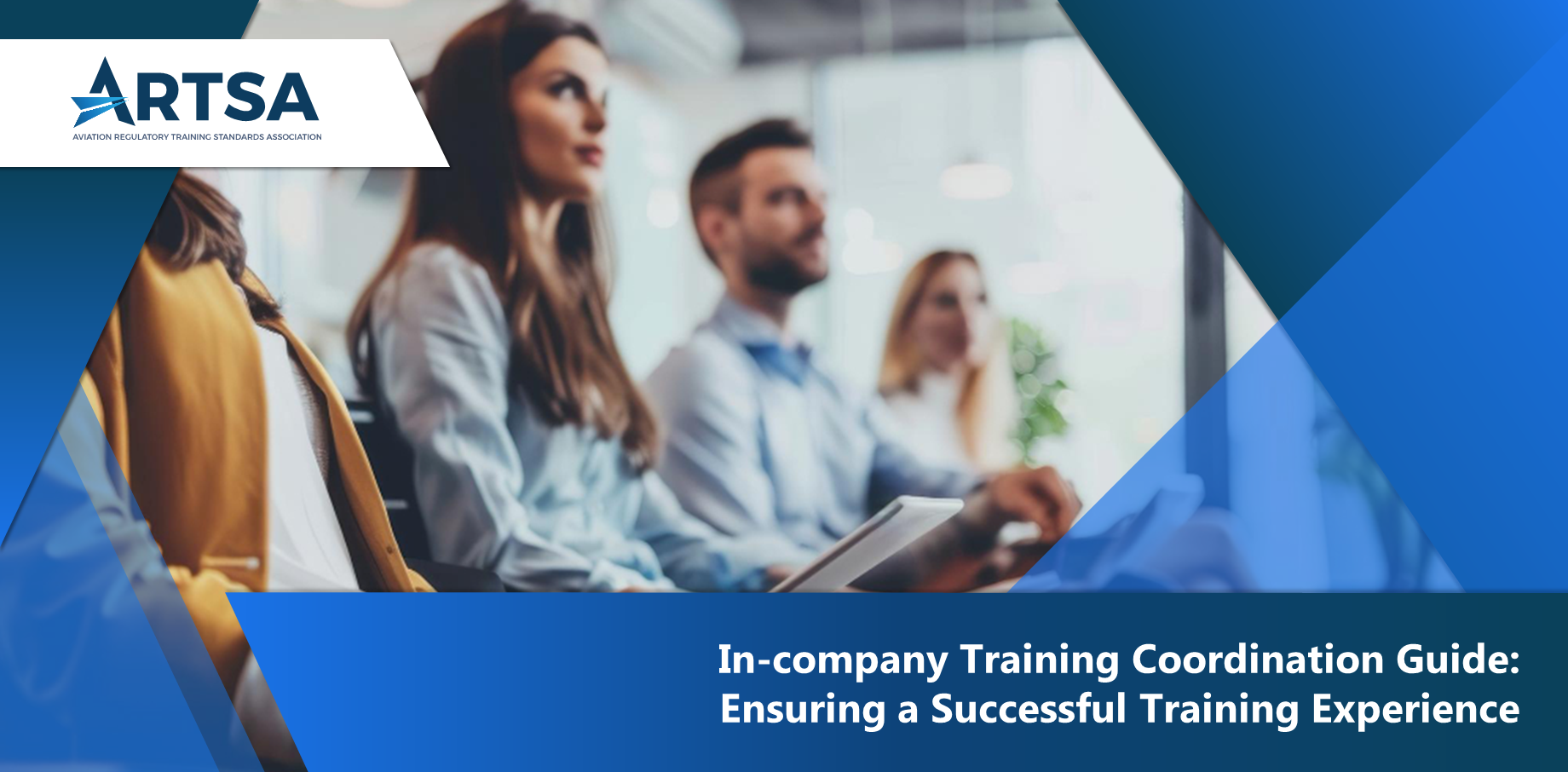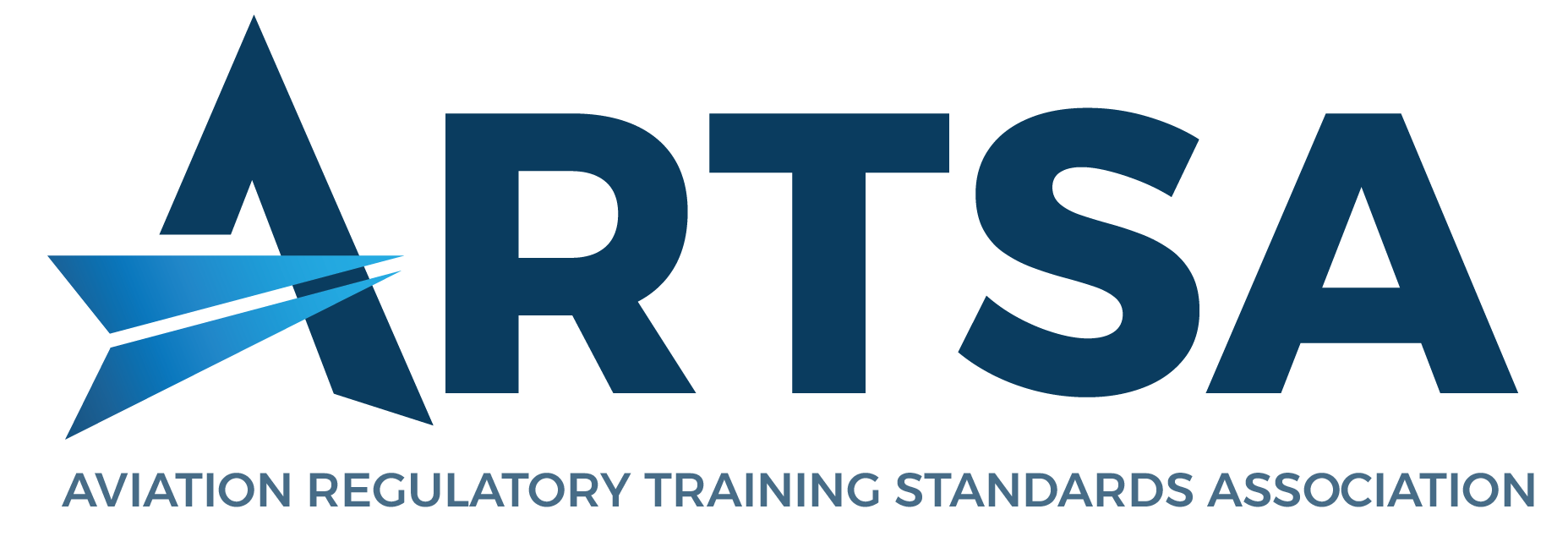
The members of ARTSA are dedicated to providing the best possible client service. To achieve this, they need help and support from the client in organizing and executing a successful training session. Below is a comprehensive recommendation guide to ensure all aspects of the training are well-prepared and managed effectively.
- Project Key Person Nominations
To facilitate smooth coordination and communication, the client will be requested to provide contact details for the following roles. Note that based on previous experience one person can handle multiple roles.
- Course Leader. The Course Leader is responsible for the technical acceptance of the training content. This includes the provision of pre-course questions and coordination of any technical changes to the material before delivery.
The course leader will ensure all attendees complete the post-course feedback to facilitate follow-ups and issue attendee certificates.
Note: Significant changes in the material may incur additional charges, which will be discussed before final acceptance and material sign-off.
- Course Administrator. Handles all administrative tasks related to the training, including supporting documents, materials, feedback forms, and all necessary arrangements.
He/She is responsible for the timely signing of the contract and managing travel and accommodation of the instructor, including any security arrangements required for instructor access to the training venue.
The course administrator ensures the provision of the attendance document and individual delegate feedback following the completion of the training.
- Course Transport Coordinator. Ensures the meeting of the instructor on arrival at the Airport, transfer to the Hotel, and safe and timely arrival each day at the training venue, as well as return to the Hotel.
- Travel and Accommodation Arrangements
The assigned by the client Course Administrator will organize and manage travel logistics for the instructor, including ticket purchases.
Accommodation in a 4-star Hotel with included breakfast is required (Higher floors are quieter and preferable). If a 4-star hotel is not available, ensure 24-hour security, front desk, room service, and multiple restaurant options to meet the acceptance criteria. The goal is to provide a high level of comfort and security and an environment where the consultant can relax and prepare for the next day’s training effectively. Provision of good internet in the hotel and the training room is required.
- Venue Requirements
The classroom should be spacious enough to accommodate all students comfortably, with a recommended maximum of up to 12 persons (additional students acceptable by mutual agreement).
An option to change the seating configuration if needed (e.g., U-shape, circle, or traditional rows) – U Shape provides the best level of engagement and interaction.
Maintain moderate temperatures in classrooms to promote a healthier environment:
Winter range: Approximately 20°C to 23.9°C.
Summer range: Approximately 22.8°C to 26.1°C.
Breaks and lunch timings will be determined and communicated to delegates depending on the training program.
- Certification & Feedback
Certificates are issued promptly and forwarded to the client upon receipt of a signed attendance form and individual feedback form from each delegate upon completion. The delegates must attend 90% of the training hours to qualify for a full certificate (where this is not possible, the instructor will identify the missing content to adjust the certificate of attendance).
Delegates are required to refrain from engaging in their regular work duties during the training sessions (working online during the training is not acceptable, and the delegate will be asked to leave the classroom while performing such work).
- Pre-Course Questionnaires (PCQ)
PCQs are to guide the instructor – they are not a commitment to modify the course content nor do they serve as modification requests of the course content.
Important Note: Any modifications or amendments to the training content must be requested, discussed, and coordinated by the course leader.
- Training Materials and Supporting Documents
There are 2 options available for the receiving organisation:
Hard Copy: The training material will be printed in a format recommended by SAS.
Soft Copy: Each student should receive a soft copy of the training material and must have access to a laptop or tablet throughout the presentation.
Failure to provide the delegates with the training material significantly impacts the effective engagement of the delegates, thereby compromising the effectiveness of the training.
This format is recommended by ARTSA as it provides a structured and detailed approach to organizing a training session, ensuring all parties are well-informed of their roles, responsibilities, and the logistics involved.
Take Action Now:
Don’t let this opportunity fly by! Contact ARTSA today to begin your application process and join the ranks of those driving the future of aviation regulatory training.
Contact Us: office@ARTSA.aero
